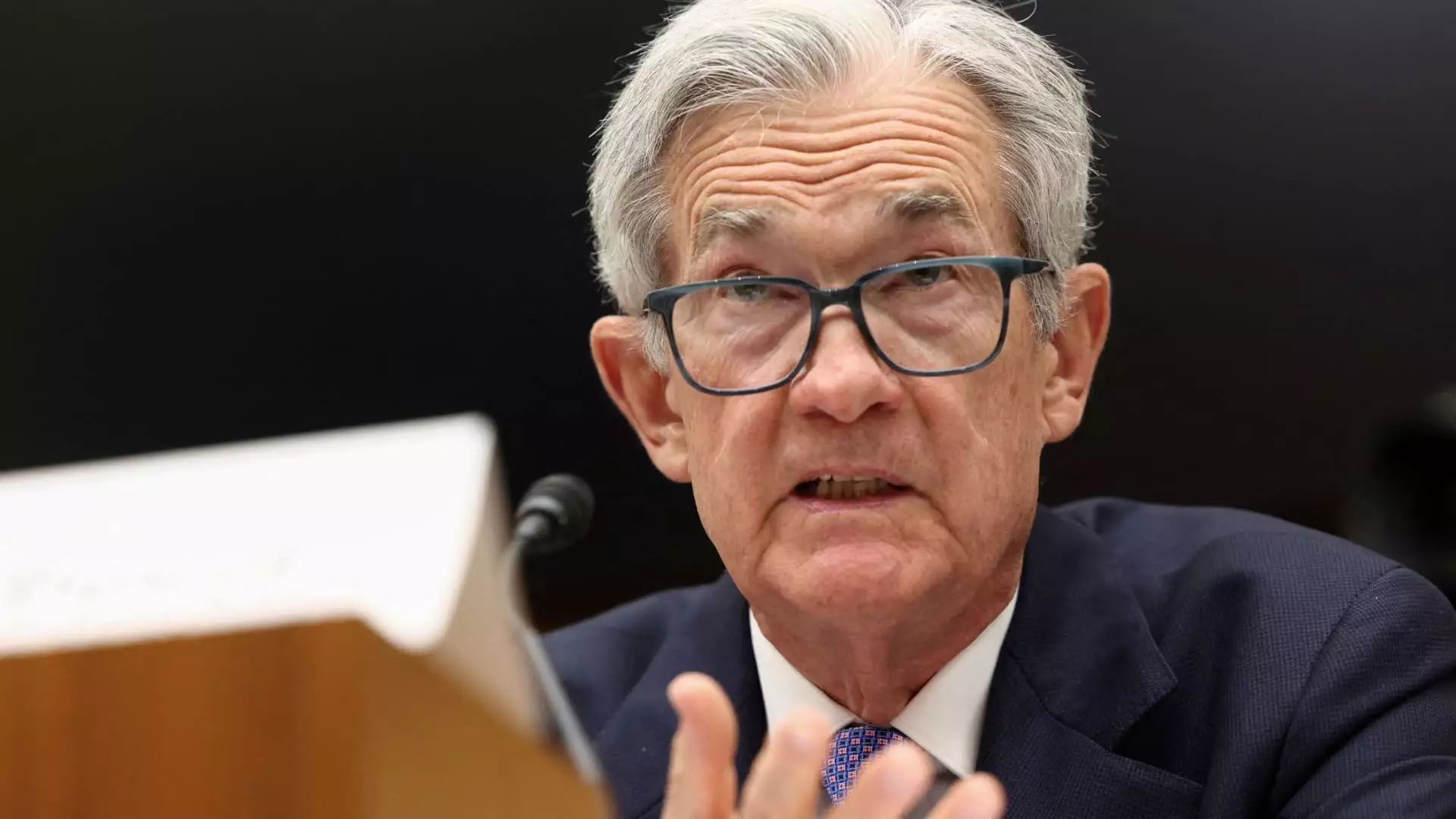In a breathtaking display of institutional integrity, the Federal Reserve’s recent effort to defend its independence against political meddling reveals a crucial stance of resilience. Amidst rising pressures from the Trump administration, particularly accusations of mismanagement and extravagance concerning the $2.5 billion renovation project, the Fed has crafted a response that underscores its commitment to its core mission: maintaining economic stability free from political influence. This confrontation isn’t merely about a building upgrade; it’s a pivotal clash for the very soul of American central banking.
The political narrative surrounding the renovation, driven by the Trump administration, portrays it as a symbol of excess and misallocation. With figures like Office of Management and Budget Director Russell Vought condemning the project — painting it as an “ostentatious overhaul” — the administration seeks to frame the Fed as out of touch with fiscal responsibility. But what’s conspicuously missing from this portrayal is a recognition of the importance of modernization, historical preservation, and the crucial need for a functional, secure operational environment for one of the world’s most influential financial institutions.
In stark contrast to the political narrative, the Fed’s updated FAQ page serves as a strategic counteroffensive. Rather than retreat in the face of criticism, it publicly clarifies misconceptions. Responding directly to allegations of vanity projects such as rooftop terraces and private dining rooms, the Fed emphasizes that these features are either non-existent or serve practical functions, like conference rooms used for official meetings. This subtle but impactful clarification is a testament to the Fed’s understanding that transparency and resistance to misinformation are vital to safeguarding its independence.
### The Power Play: Politics Attacking the Core of Monetary Policy
Attacking the Fed’s integrity has become a political sport, with the Trump administration placing the central bank under scrutiny for not aligning with their interests. The repeated accusations that Powell and his leadership are playing political games, prioritizing image over substance, reflect a dangerous tendency to politicize economic stewardship. Manipulating monetary policy to serve short-term political gains hampers investor confidence and undermines the stability that the Fed strives to uphold.
It’s particularly troubling that the administration’s criticisms extend beyond policies into intrusions upon the Fed’s infrastructure. The defense of the renovation project isn’t just about bricks and mortar; it’s about protecting the practical independence needed to carry out complex monetary decisions without constant influence from political actors wielding power for electoral gains. The insistence that costs are well justified, and taxpayer money isn’t actually at risk, signals a pushback against the narrative that the Fed is frivolous or disconnected.
### The Fight for Independence: An Essential Pillar of Democratic Governance
The core of this controversy lies in something larger than physical upgrades or budget figures — it’s about the foundational independence of the Federal Reserve. The institution’s ability to operate free from political interference is vital for maintaining economic stability and confidence. When political figures attack the Fed’s decisions or question its legitimacy openly, they risk destabilizing the very system they claim to serve.
Historical lessons from previous political meddling — whether during the Nixon era or more recent interruptions — serve as stark reminders of what’s at stake. An independent central bank ensures that monetary policy decisions are based on data and expertise, not political expediency. Repeated attempts to undermine that independence threaten to erode the trust necessary for a healthy economy.
### A Center-Left Perspective: Defending the Neutrality of Economic Institutions
From a center-wing liberal perspective, the Fed’s stance highlights the importance of institutional integrity and the dangers of politicizing economic policymaking. It is imperative to recognize that the strength of American democracy depends not just on elections, but also on safeguarding independent institutions that can resist partisan pressures. The Fed’s effort to defend its renovations can be seen as a broader symbol of resistance against the encroachment of political influence into areas that require expertise and neutrality.
Encouraging transparency around the renovation project and aggressively countering misinformation reflects an understanding that public confidence is fragile. The Fed’s assertiveness in defending its integrity is a necessary step toward reinforcing the notion that economic policymaking must be insulated from political whims if stability and sustained growth are to be achieved.
The Fed’s response to political attacks exemplifies a crucial act of resistance. It underscores the importance of maintaining the independence of central banks and refusing to bow to partisan pressure masked as legitimate oversight. The fight over a building renovation is, in essence, a fight for the integrity of the institution that underpins the financial stability of the nation.

